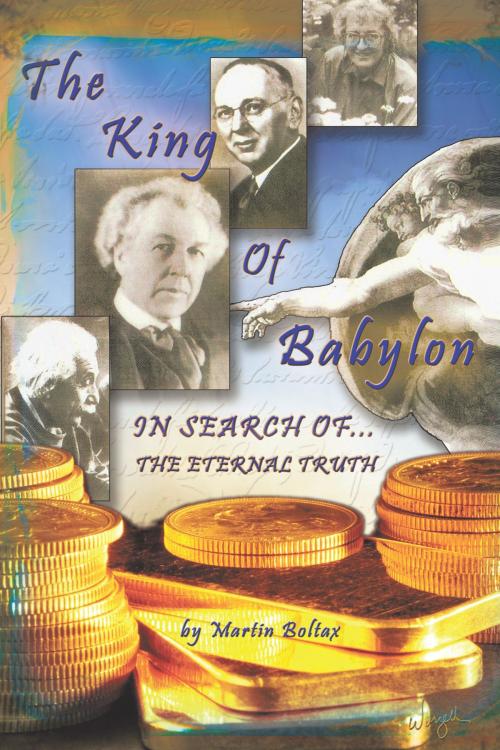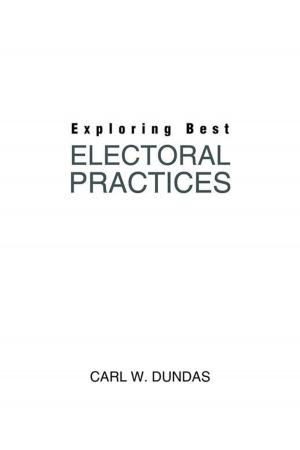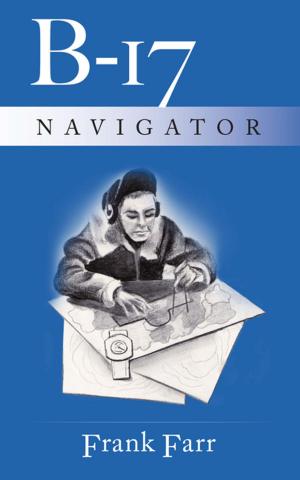The King of Babylon
Search for the Eternal Truth
Nonfiction, Religion & Spirituality, Inspiration & Meditation, Spirituality, Science Fiction & Fantasy, Science Fiction, Fantasy| Author: | Martin Boltax | ISBN: | 9781452075273 |
| Publisher: | AuthorHouse | Publication: | December 15, 2010 |
| Imprint: | AuthorHouse | Language: | English |
| Author: | Martin Boltax |
| ISBN: | 9781452075273 |
| Publisher: | AuthorHouse |
| Publication: | December 15, 2010 |
| Imprint: | AuthorHouse |
| Language: | English |
John Karras is sitting in his New York apartment on a steamy summer day in 1983 when he receives a special delivery letter summoning him to a law office. There he is advised that he is the sole heir to the estate of a recently deceased woman named Helen Dukas, someone totally unknown to him. Upon the reading of the will, he is handed a personal letter from the woman that explains that she was for many years the close personal assistant of Albert Einstein. The letter reveals that he, John Karras, is the son of the great scientist.
Among Helens personal effects he discovers a diary written by Einstein. In the pages of the diary he learns the secret of Einsteins spiritual theory of relativity, called the Unified Grace Theory, which is the means for accessing the ultimate source of power. Misapplied, this power can lead to monumental tragedy, as we learn when John Karras attempts to use it.
John Karras is sitting in his New York apartment on a steamy summer day in 1983 when he receives a special delivery letter summoning him to a law office. There he is advised that he is the sole heir to the estate of a recently deceased woman named Helen Dukas, someone totally unknown to him. Upon the reading of the will, he is handed a personal letter from the woman that explains that she was for many years the close personal assistant of Albert Einstein. The letter reveals that he, John Karras, is the son of the great scientist.
Among Helens personal effects he discovers a diary written by Einstein. In the pages of the diary he learns the secret of Einsteins spiritual theory of relativity, called the Unified Grace Theory, which is the means for accessing the ultimate source of power. Misapplied, this power can lead to monumental tragedy, as we learn when John Karras attempts to use it.















